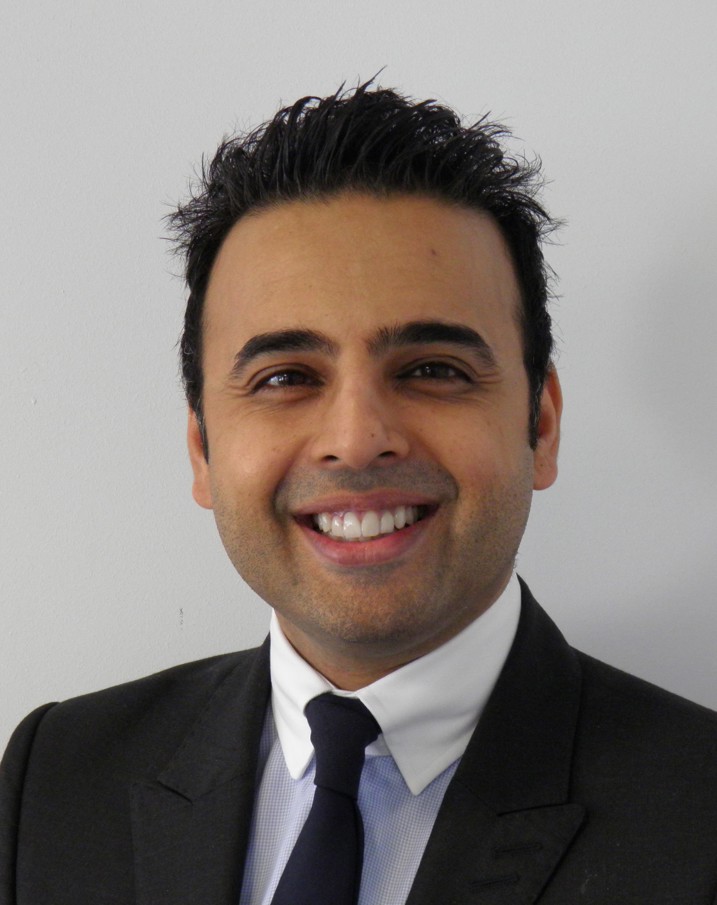Reflection
Ramadan is also a time of reflection and an opportunity for Muslims to get closer to God and to partake in more godly and religious activities. This includes additional prayers and recitation of the Quran, the religious text of Islam. Once again, many of us have found ourselves observing nightly prayers with our thoughts and emotions focused on those who are suffering.
As a doctor, I often get asked about the requirement for fasting if an individual is taking medication or who is unwell. The religion of Islam is designed to limit hardship and therefore it is prohibited to fast for the unwell, infirm and for anyone in need of regular medication. The obligation of fasting can be replaced by donating to charity if one is able.
Concentration levels
Another important consideration of fasting is concentration levels and being able to work. Personally, I do not find any particular issue and as we are all aware, many new fad diets involve periods of fasting and studies have demonstrated that there is very little, if any, effect on concentration levels. My advice to a fasting doctor would be to try and take regular breaks during work hours. If fasting starts to affect your concentration or ability to work to your usual pattern, then it may be beneficial to discuss this with your line manager. I’ve also found that many colleagues are understanding and aware of the obligation of Ramadan and fasting.
From a personal perspective, the most difficult aspect physically with regard to fasting is the lack of sleep due to nightly prayers, as well as the early morning awakening to consume some food (known as sehri). Many colleagues often take annual leave towards the end of Ramadan to be able to partake in extra supplication. The month of Ramadan culminates in a celebratory festival, known as Eid Ul Fitr, a day to spend with family, exchange gifts and enjoy lovely food.
2024 will always be remembered for the desperate situation in Gaza, as well as for those suffering in conflicts throughout the world, but regardless of religious belief, we pray together for an end to suffering for all and a speedy restoration of peace.

